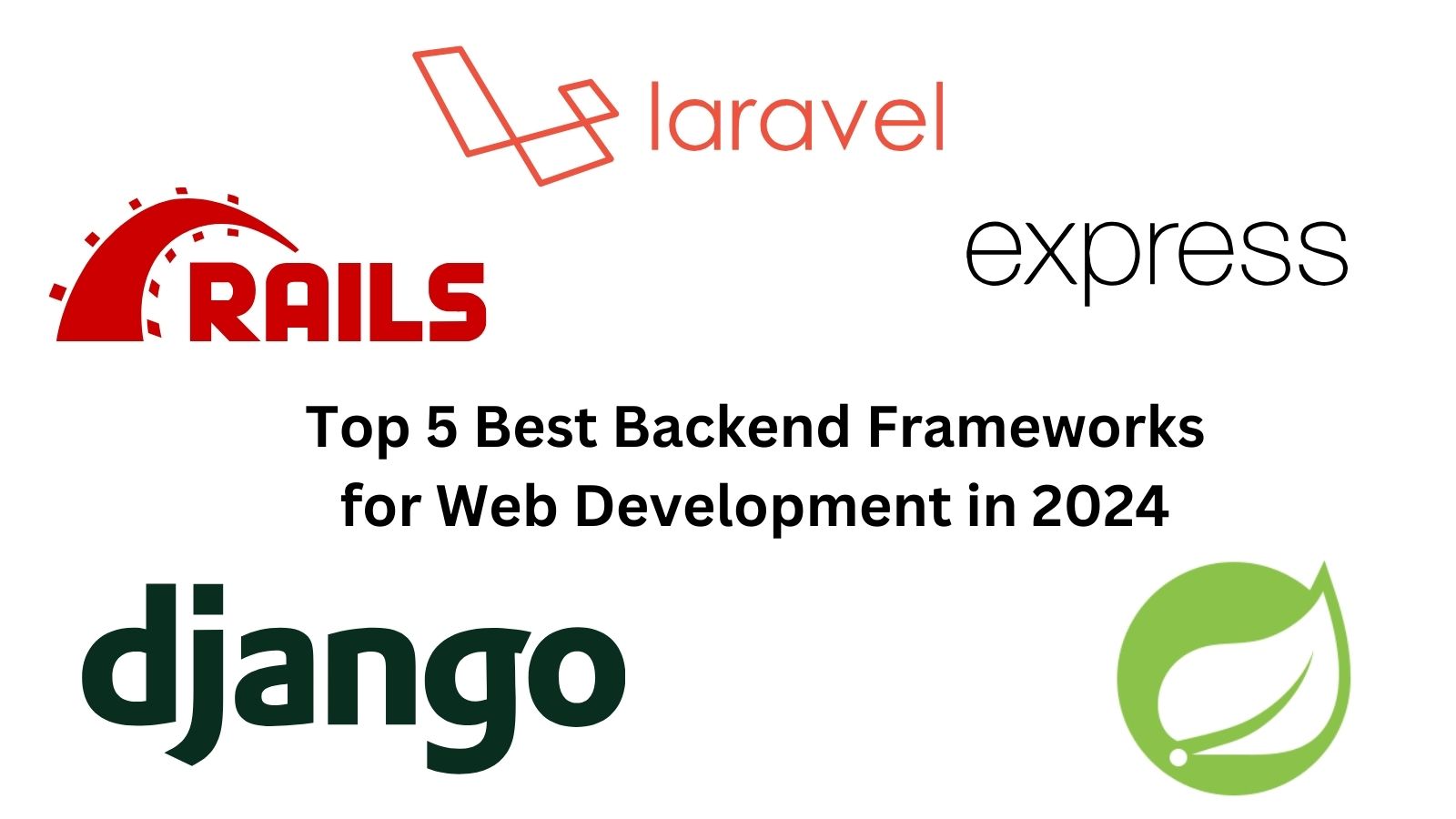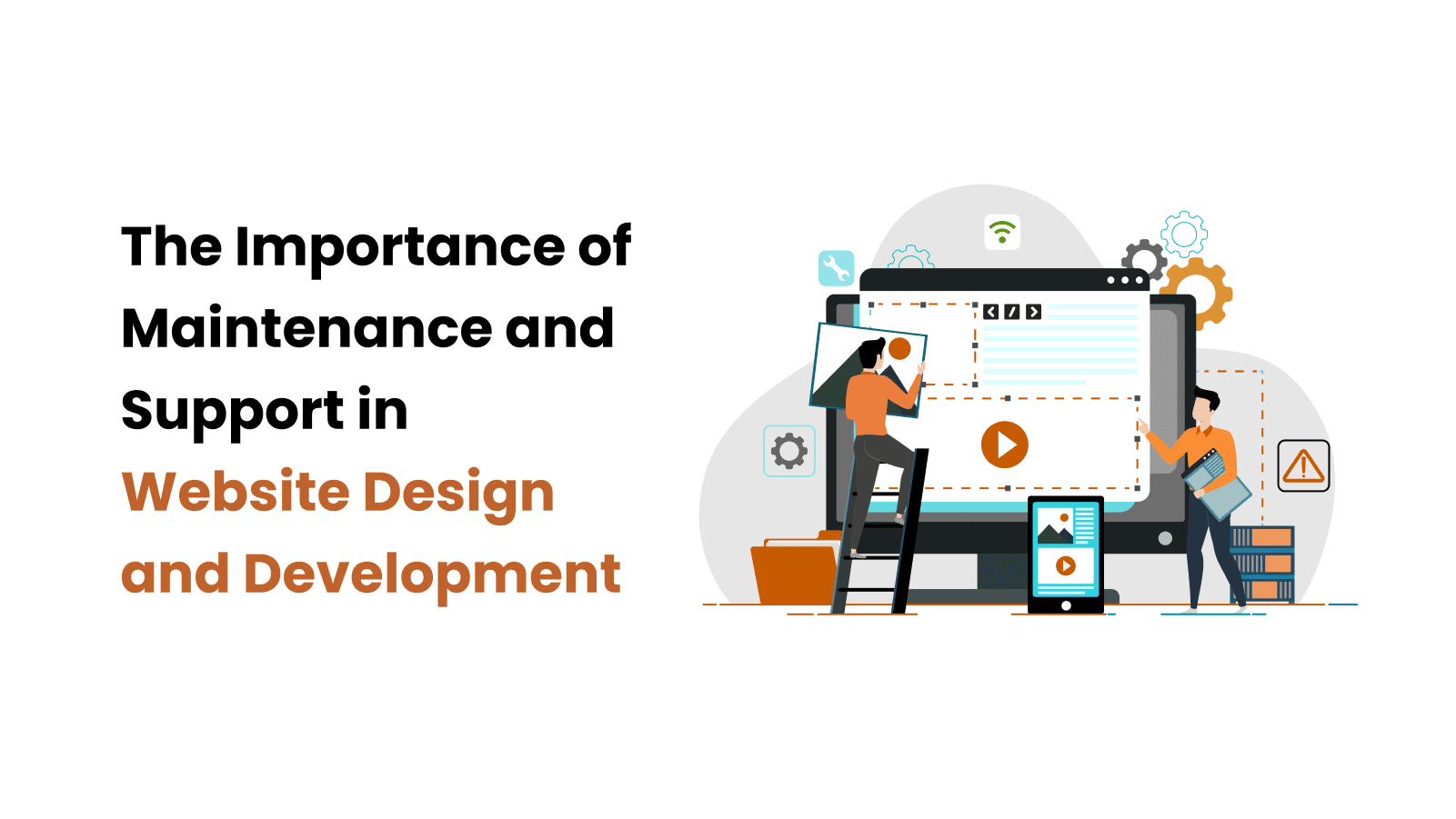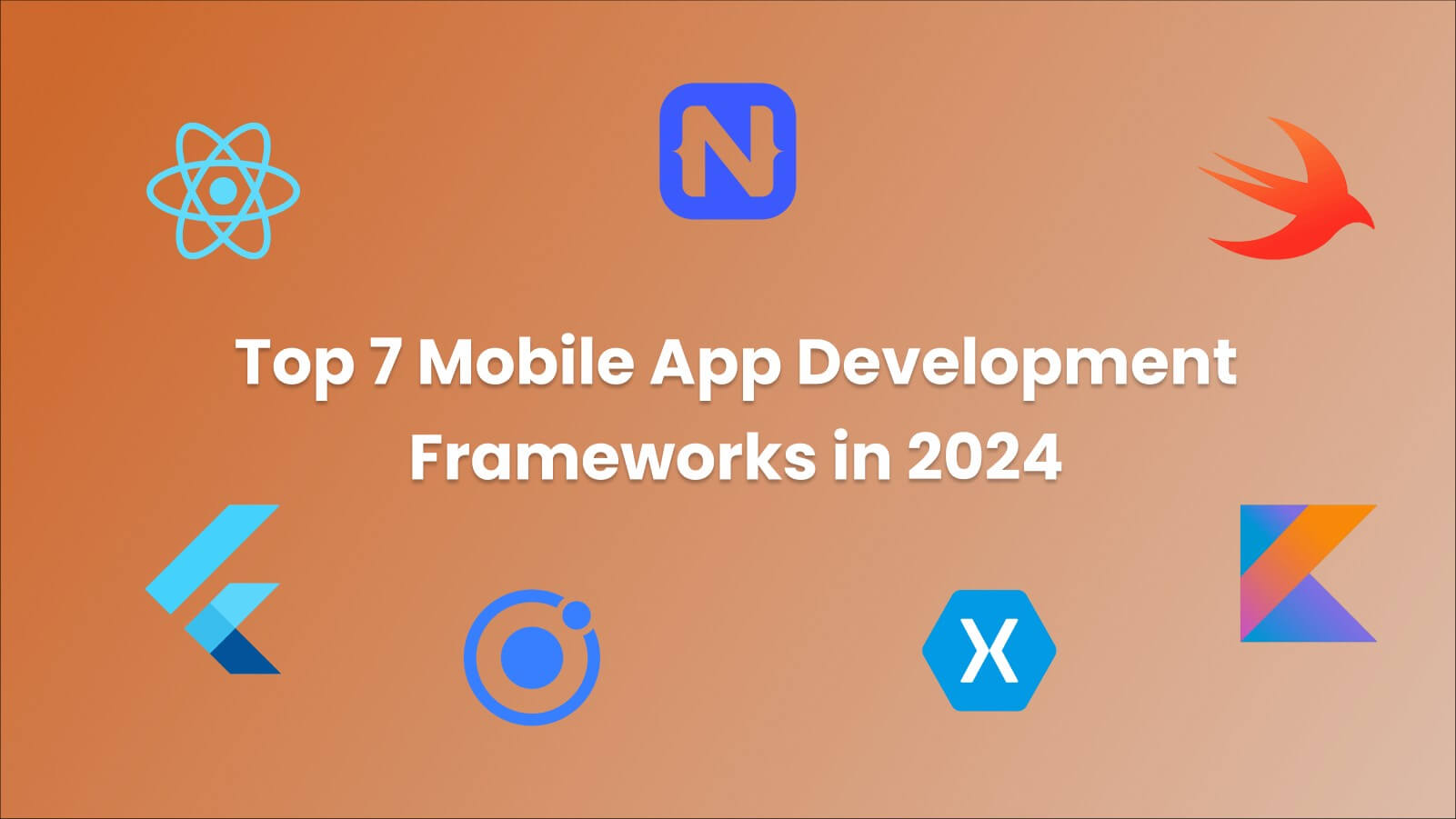
Web development is always changing, and picking the right backend framework can greatly impact the success and efficiency of your projects. As we already entered into the year 2024, the demand for strong, flexible, and high-performing web applications is growing, and developers are looking for the best tools to meet their needs. In this blog post, we'll explore backend frameworks, focusing on the top five contenders that will likely shape the future of web development in 2024. A backend framework is like the engine behind a smooth and interactive web application. It provides a solid base for developers to work on, making the development process easier and allowing them to create apps with lots of features. But with so many backend frameworks options available, each claiming to be the best, it's tough to figure out which one suits your project best. Let’s have a look! Django, an open-source Python web framework, is a popular choice for building complex and scalable web applications. Its "batteries-included" philosophy provides developers with everything they need to jumpstart their projects. With a robust ORM (Object-Relational Mapping) system, Django simplifies database handling, allowing developers to define models and interact with the database using Python code. Ruby on Rails, or simply Rails, is an elegant and productive backend framework written in Ruby. Known for its convention over configuration principle, Rails follows a set of best practices, significantly reducing boilerplate code and improving development speed. Express.js, a minimalist backend framework for Node.js, excels in creating robust APIs and web servers. As a lightweight and unopinionated framework, Express.js provides developers with the freedom to choose their tools and libraries, enabling them to customize the development process according to their needs. Laravel, a PHP-based backend framework, has seen a surge in popularity in recent years. With its expressive syntax and elegant design, Laravel aims to make web development enjoyable for developers. The framework provides a rich set of tools, including the Eloquent ORM, Blade templating engine, and robust authentication system. For businesses seeking expert Laravel development solutions, finding a reputable Laravel development company can streamline the process and ensure high-quality results. Spring Boot, an extension of the Spring framework, is designed to simplify Java web development. By leveraging the convention-over-configuration principle, Spring Boot reduces boilerplate code, allowing developers to focus on business logic. Choosing the right backend framework is very important for the success and scalability of your web development project. In this blog, we discussed about the top 5 backend frameworks for web development in 2024: Django, Ruby on Rails, Express.js, Laravel, and Spring Boot. They are all great choices, but each has its strengths and is best suited for different needs and preferences. If you want to hire backend developer to take your web development projects to the next level, Contact us today or email us sales@iihglobal.com to bring your vision to life.Important Factors for Selecting a Backend Framework in Web Development
Best Backend Frameworks for Web Development in 2024
1. Django - Empowering Developers with Pythonic Magic
Furthermore, Django's admin interface automates many administrative tasks, making it a breeze to manage content and user data. As a fully featured framework, Django offers versatility, security, and performance, making it an ideal choice for projects of any size.2. Ruby on Rails - Elegant and Productive Web Development
The framework comes with a plethora of gems (Ruby libraries) that allow developers to extend functionality easily. With Rails' emphasis on code readability and simplicity, developers can build sophisticated web applications efficiently. It remains a preferred choice for startups and businesses looking to create prototypes and Minimum Viable Products (MVPs) rapidly.3. Express.js - A Lightweight Powerhouse for Node.js
Express.js is well-suited for building Single Page Applications (SPAs) and real-time applications, thanks to its support for WebSockets. It continues to be a top choice for developers seeking flexibility and speed in their projects.4. Laravel - Making PHP Web Development Enjoyable
Laravel's strong community support and extensive documentation contribute to its rapid growth in the web development community. It is an excellent choice for building modern and dynamic web applications with PHP.5. Spring Boot - Enterprise-level Java Development Made Easy
The framework offers a range of starters, which are pre-configured templates for various use cases, making it effortless to set up projects. With Spring Boot's comprehensive ecosystem and mature community, it is an excellent choice for enterprise-level web applications.Conclusion:








